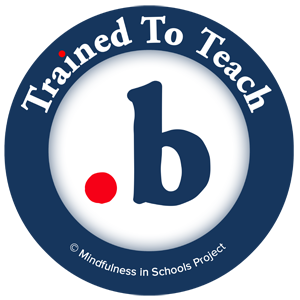Last Friday I attended the IPEN (International Positive Education Network) “Ultimate Wellbeing in Education” conference in London and what a day it was!
The day was all about young people and how we can prepare them for a flourishing life. There were teachers, clinicians, coaches and therapists in the room and the atmosphere was buzzing.
Sir Anthony Seldon Introduced an array of amazing speakers including:
- Gilde Scarfe – Founder of Positive Action UK
- Mike Buchanan – Executive Director of HMC (the Headmasters & Headmistresses’ Conference is a professional association of heads of the world’s leading independent schools)
- Stephanie Davies – Founder of Laughology
- Richard Crellin – The Children’s Society
- Lucy Baily – CEO of Bounce Forward
- Luke Rees – #IWILL Campaigner
- Geoff Barton – General Secretary, ASCL (Association of School and College Leaders)
- Mark Williamson – Director of Action for Happiness
- Prof. Martin Seligman – University of Pensylvania
- Natasha Devon MBE – Author and Mental Health Speaker
The message of the day was ‘Where inspiration meets action’ and there were certainly some awe inspiring speakers with some amazing ideas.
Being with people that are focused on supporting young people to be happy and successful in life and not just from an academic perspective is both exciting and comforting for me.
We can all make a difference to our school students by taking small steps to create bigger change to the current curriculum. Education should not be about statistics or budgets. Learning needs to be fun and thought provoking and it is also about the whole student not just the academic ability.
I am excited to go back to my schools after half term to implement some of the many simple and inspiring ideas that I picked up at the conference. I look forward to seeing what difference I can make for my students next term.
If you know of a young person that would benefit from coaching then please contact me.
#IPENWellbeingEd

